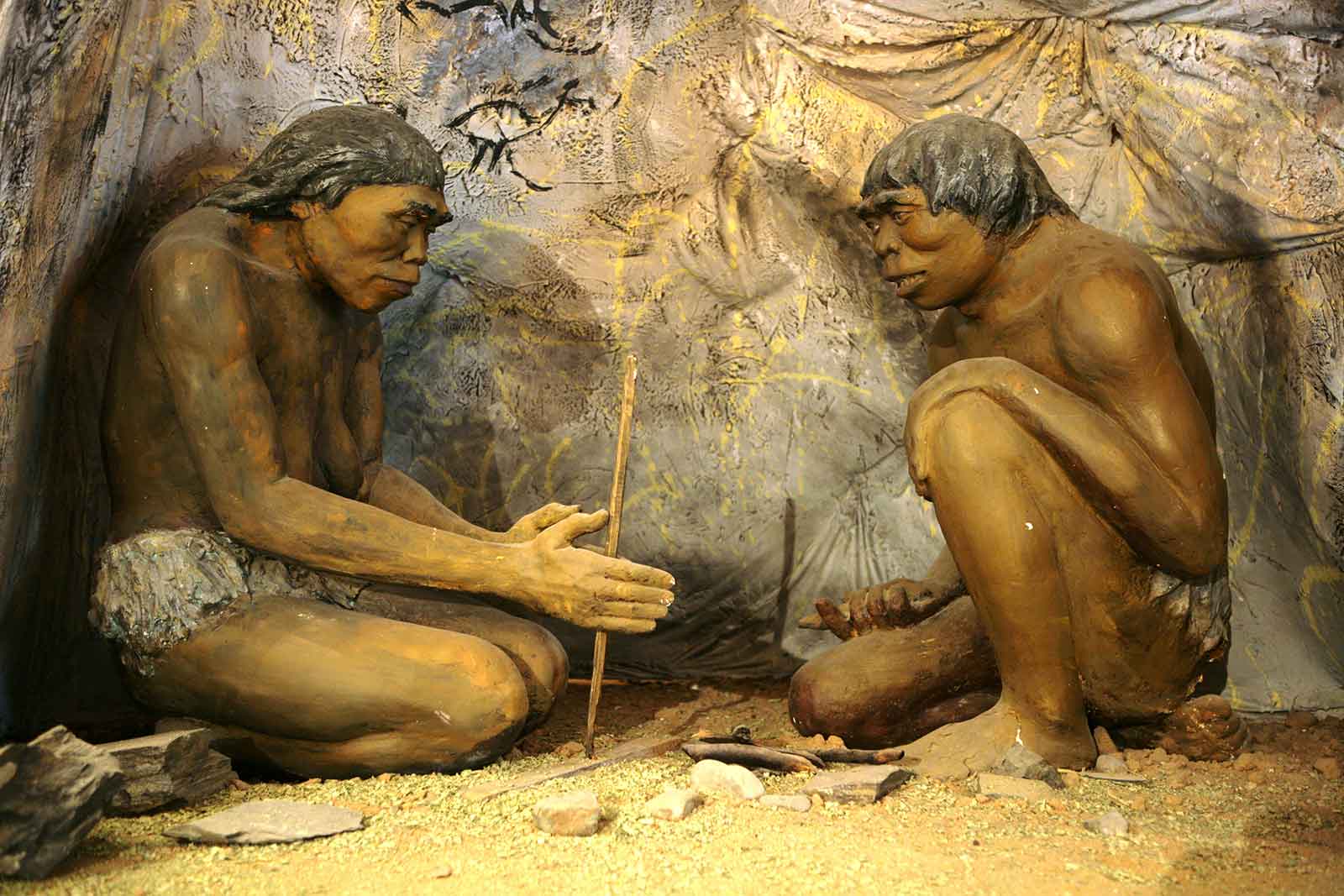
20 interesting facts about Stone Age
- 👁️ 1800
The Stone Age is a historical period that dates back to 2.6 million years ago and lasted until around 3,000 BCE. During this time, early humans lived in small, simple communities and relied on hunting, fishing, and gathering for survival. The Stone Age is marked by the development of stone tools, which played a crucial role in human survival and evolution.
- The Stone Age is divided into three distinct periods: the Paleolithic Age, the Mesolithic Age, and the Neolithic Age.
- The first human species to emerge during the Stone Age was Homo habilis.
- Stone tools were used for hunting, defense, and processing food.
- Fire was used for warmth, light, and cooking.
- Early humans lived in small, nomadic groups and were constantly on the move in search of food and resources.
- Fishing and hunting were important sources of food, and early humans used tools to catch fish and hunt large game.
- Early humans were also skilled at gathering wild fruits, berries, and nuts.
- Clothing was made from animal hides and plant fibers.
- The Stone Age saw the development of cave paintings, which were used to tell stories and document important events.
- The use of stone tools paved the way for the development of agriculture and the domestication of animals.
- During the Neolithic Age, early humans began to settle in one place and developed permanent settlements.
- The Neolithic Age also saw the development of pottery, weaving, and the creation of bronze and copper tools.
- The Stone Age ended with the development of metallurgy and the creation of iron tools.
- Stone Age people believed in a variety of religious and spiritual practices.
- Burial rituals, including the use of burial mounds and grave goods, were common during the Stone Age.
- Early humans used tools made from bone, antler, and ivory in addition to stone.
- The Stone Age saw the development of trade and exchange between communities.
- The invention of the wheel and the plow during the Neolithic Age revolutionized transportation and agriculture.
- The discovery of agriculture allowed early humans to produce their own food, leading to the development of cities and civilizations.
- The Stone Age saw the development of written language, which was used to record history and religious beliefs.
The Stone Age was a crucial period in human history, marked by the development of stone tools, the use of fire, and the creation of permanent settlements. The Stone Age saw the evolution of human society and the development of agriculture, trade, and religion. The advancements made during the Stone Age laid the foundation for the development of modern civilizations and continue to shape the world we live in today.











